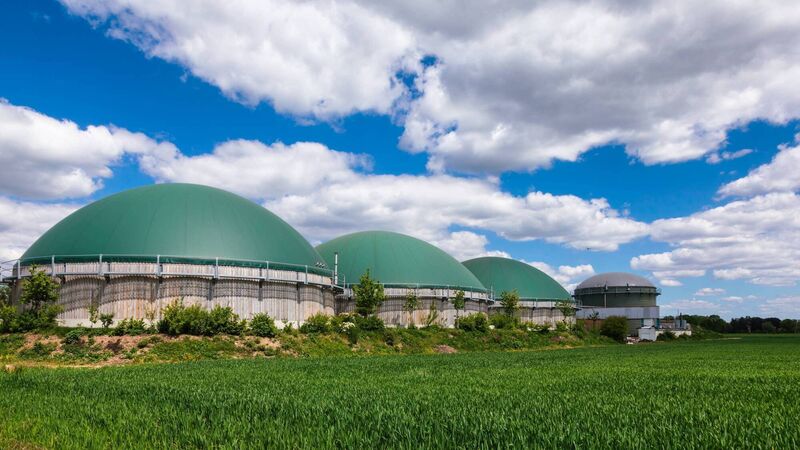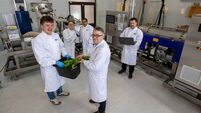EU seeks clarification on Ireland's biomethane plan

More than 20,000 anaerobic digestion plants across the EU produce biogas, but the sector’s potential in Ireland has not yet been tapped.
The EU has asked Ireland to elaborate on its climate plan measures for sustainable production of biomethane, "given Ireland’s sustainable biomethane potential and production, profile of natural gas consumption, and existing infrastructure, digestate use, and biogenic carbon applications".
More than 20,000 anaerobic digestion plants across the EU produce biogas, but the sector’s potential in Ireland has not yet been tapped. The ask comes in Brussels's assessment of Ireland's draft energy and climate plan, which includes recommendations to raise Irish climate ambitions in line with EU targets for 2030.













